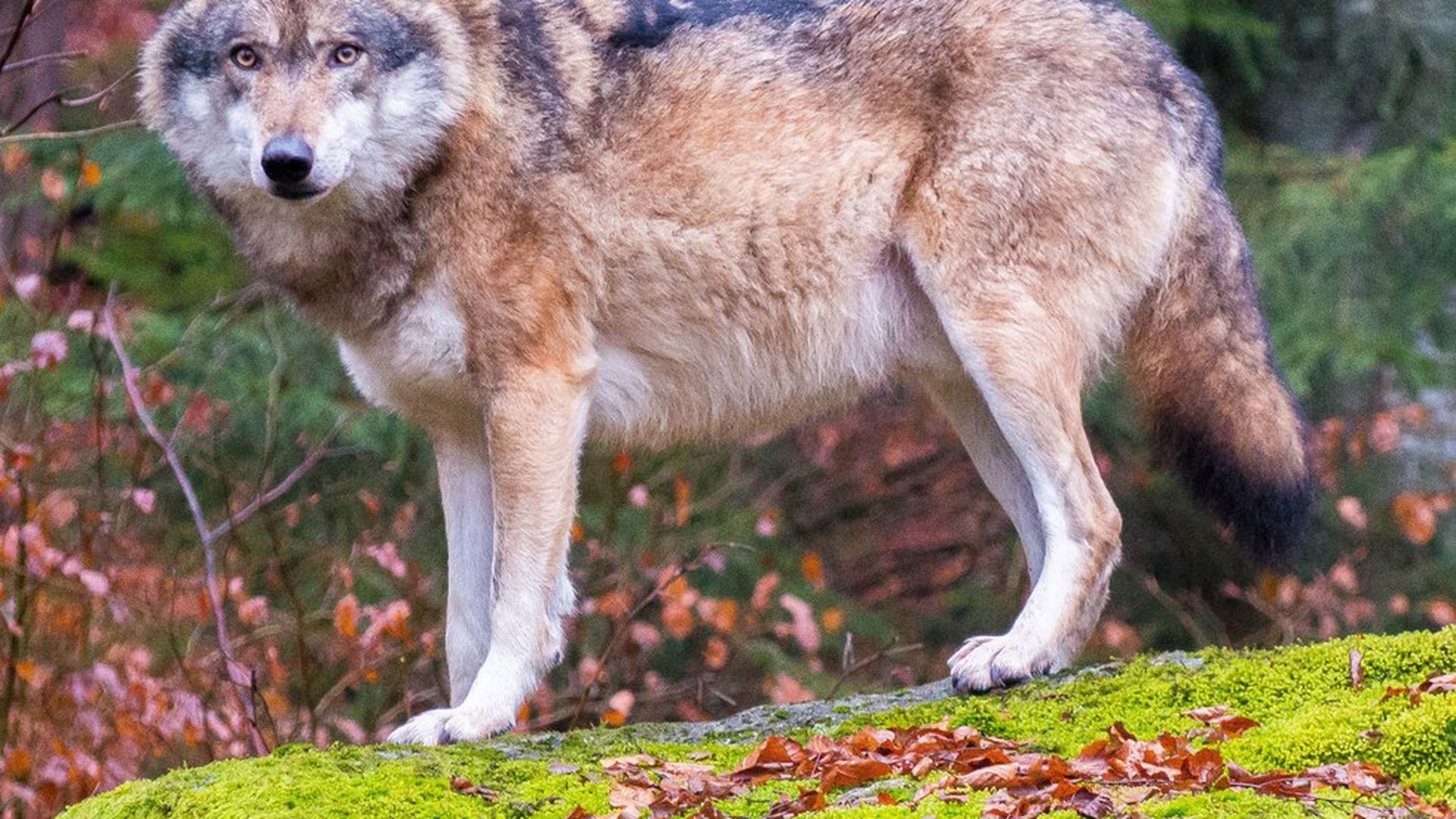Jul 18, 2017
Ancient DNA suggests dogs domesticated just once 40,000 years ago
Add Axios as your preferred source to
see more of our stories on Google.

Mariomassone / Flickr
Add Axios as your preferred source to
see more of our stories on Google.

Mariomassone / Flickr